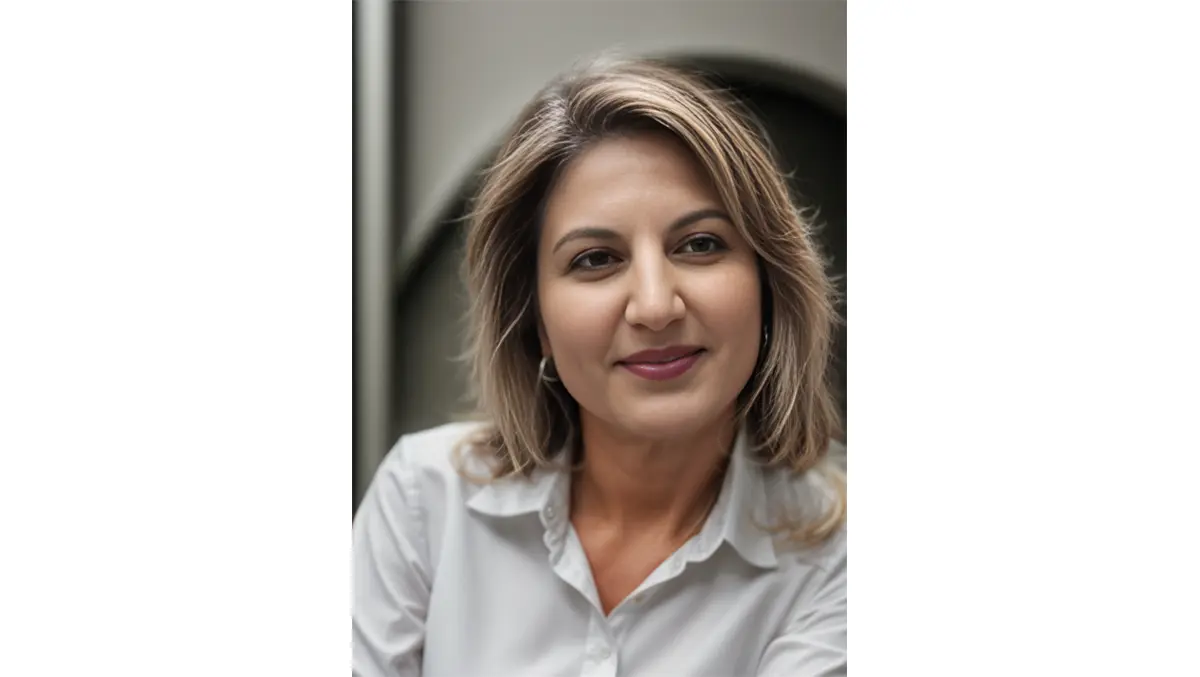
IWD 2024: Advice for women seeking and building a career in cybersecurity
Reflecting on my 25-year journey in cybersecurity, my best advice for young women considering a future career path or mature age women considering a career pivot into cybersecurity is to not let fear or doubt be a factor in making your decision.
I commenced my career in IT in the early 1990s, working full-time in the industry and studying part-time. I was the only female participant in my classes and the only female working in my field of IT for many years. This meant I had to work harder, go the extra mile, and do the extra hours just to get the same acknowledgement as my male colleagues and classmates.
It was challenging to be noticed and recognised in such a male-dominated environment. After dedicating 25 years to the cybersecurity industry, and at the age of 56, I have observed notable progress in the representation and opportunities for women within the field. Nonetheless, there remains ample room for further advancement.
Joining Tesserent nearly four years ago in my initial consulting role, I had that all too familiar imposter syndrome; even with all my cybersecurity experience and diligent efforts to refine my skills, I felt inadequate and ill-prepared on day one. Nevertheless, I embraced the challenge, and within 6 months, I was promoted from Senior Consultant to Principal Consultant and then to Managing Consultant within a year.
Today, as Partner Advisory at Tesserent, I lead the advisory practice for the company in Australia and New Zealand, overseeing a sizable team of consultants, with 85% of my team identifying as male. One notable observation as a people leader I can share is the discrepancy in confidence between male and female team members when advocating for their worth. Men in my team tend to assertively present their case for deserving more, whereas many women tend to underestimate themselves and shy away from making their case.
When it comes to careers in cybersecurity, there is often a strong perception that the jobs are all technical. But that's not the case. There are so many diverse ways all people can forge a great career in cyber. When technical skills are valuable, there's also a strong need for human skills such as problem-solving, communication and empathy. Cyber security impacts everyone, so it's crucial for us to have women involved, bringing in their experiences and fresh perspectives to tackle these challenges effectively.
Be bold. If you think you deserve a promotion, pay rise, or a place on a specific project – be forthright and ask. It might feel like a tough conversation to have with your boss, but if you don't ask, it's a sure bet someone else will.
Speaking up in meetings, asking questions and putting forward your views are important. The first time might be hard, but it does get easier the more often you do it. Growth happens for all of us when we step outside our comfort zone and stretch.
Commit to a career of continuous learning. In cybersecurity, the tools, techniques and procedures used by threat actors continuously evolve. That ongoing education can be formal or happen by reading, attending conferences and participating in peer networks. The more you learn, the more prepared and confident you'll be to face the next challenge.
Organisations want more women in cybersecurity to increase the diversity of thought, perspective, approaches and balance of team dynamics. It is not about jobs for gender equality; it is about women working hard and earning their place based on results and merit. The industry is changing rapidly, and the best way to learn and stay current is on-the-job skills and experience. Don't be frightened to give it a go.
A wonderful and inspiring example of a woman who has had a go and pulled off a brilliant career pivot is my colleague Heidi Mejia, who works as a client executive at Tesserent. Heidi was working as a chef at several hospitality venues when Covid hit, and her work dried up overnight as the pandemic closed restaurants across Melbourne.
Heidi had been thinking of working in cybersecurity for a long time and during lockdown, in her late 30s, became determined to pursue it. She went to an interview for a cybersecurity job and landed the role without any previous work experience. She was hired because she was hungry and willing to learn. She got her important first break in the industry, and it's wonderful to see how far she has grown and expanded her knowledge and expertise.
Australia has a massive shortage of cybersecurity talent, and many organisations are willing to hire and train people who come from all kinds of backgrounds and disciplines. To celebrate International Women's Day in 2024, if you have ever considered a career in cyber security, be confident and make this the year that you give it a go!